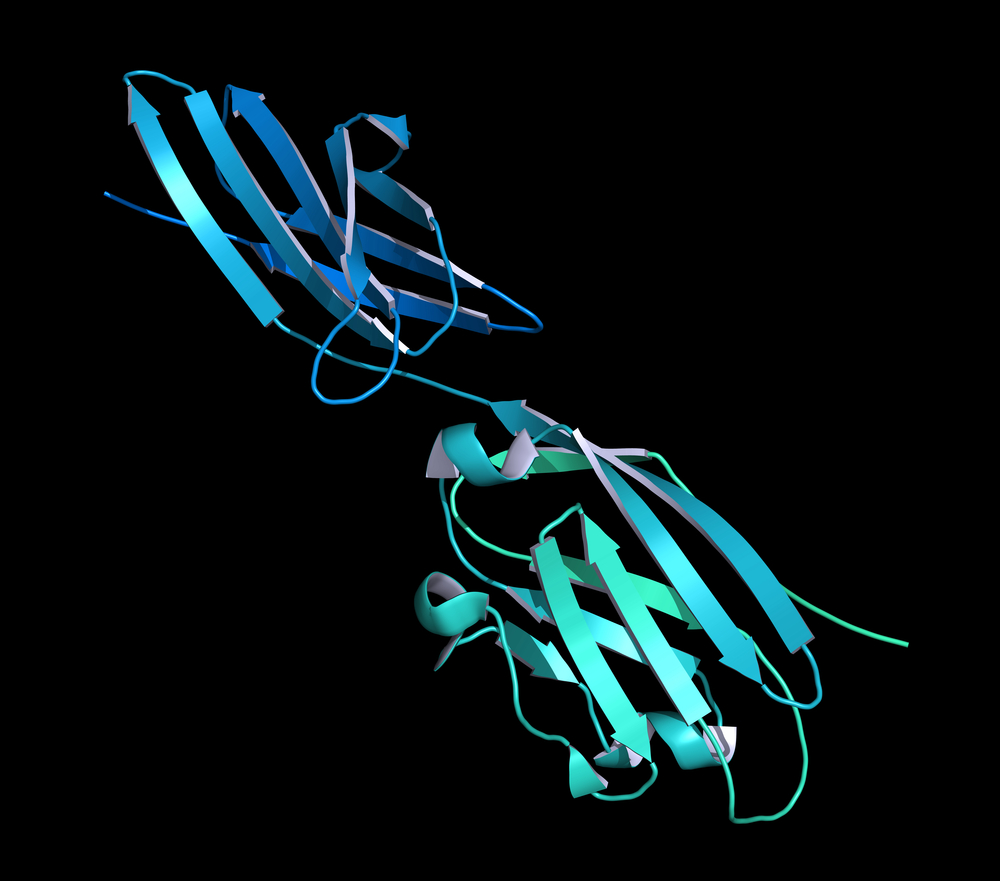Early Phase 1 Study Results of Potential Autoimmune Disease Drug Show Promise
Written by |

Dutch biopharmaceutical company argenx recently announced the completion of the dose-escalation stage of a Phase 1 clinical trial exploring its drug candidate ARGX-113, a potential breakthrough therapy for treatment of exacerbations of IgG-mediated autoimmune diseases, including systemic lupus erythematosus (SLE).
Preliminary data of the trial demonstrated a favorable safety and tolerability profile of the drug in all doses in healthy volunteers.
“We are encouraged by the preliminary results of the Phase 1 single ascending dose study of ARGX-113 and the favorable safety and tolerability profile that was demonstrated under blinded conditions,” Tim Van Hauwermeiren, CEO of argenx, said in a press release.
He said researchers saw “pharmacokinetic profiles across the dose ranges that were consistent with our expectations and additionally, promising pharmacodynamics (PD) effects relating to speed, depth and duration of IgG reduction — the PD marker for efficacy.”
“These results confirm the potential of ARGX-113 to become a breakthrough therapy for the treatment of severe IgG-mediated autoimmune diseases,” Van Hauwermeiren said. “With the selected doses, we plan to initiate the multiple ascending dose study of the Phase 1 clinical trial.”
The Phase 1 clinical trial of ARGX-113 was a placebo-controlled, double blind study in which 20 healthy volunteers received treatment with the drug in escalating doses. The results of the complete Phase 1 trial — where the safety and tolerabilty of the drug will be evaluated — are expected by the middle of this year.
ARGX-113 is the Fc-portion of an antibody modified by argenx’s proprietary ABDEG technology, increasing its affinity for the neonatal Fc receptor when compared to normal IgG antibodies. As a result, ARGX-113 blocks antibody recycling, leading to rapid depletion of the autoimmune disease-causing IgG autoantibodies.
Read More Recent News
Atherosclerosis is highly prevalent among Danish patients with systemic lupus erythematosus (SLE) without any history of cardiovascular disease, researchers at Odense University Hospital reported, noting that the evaluation of more than one vascular territory was necessary to diagnose the disease in these patients. Their research paper, “Coronary, Carotid, and Lower-extremity Atherosclerosis and Their Interrelationship in Danish Patients with Systemic Lupus Erythematosus,” was published in The Journal of Rheumatology.




